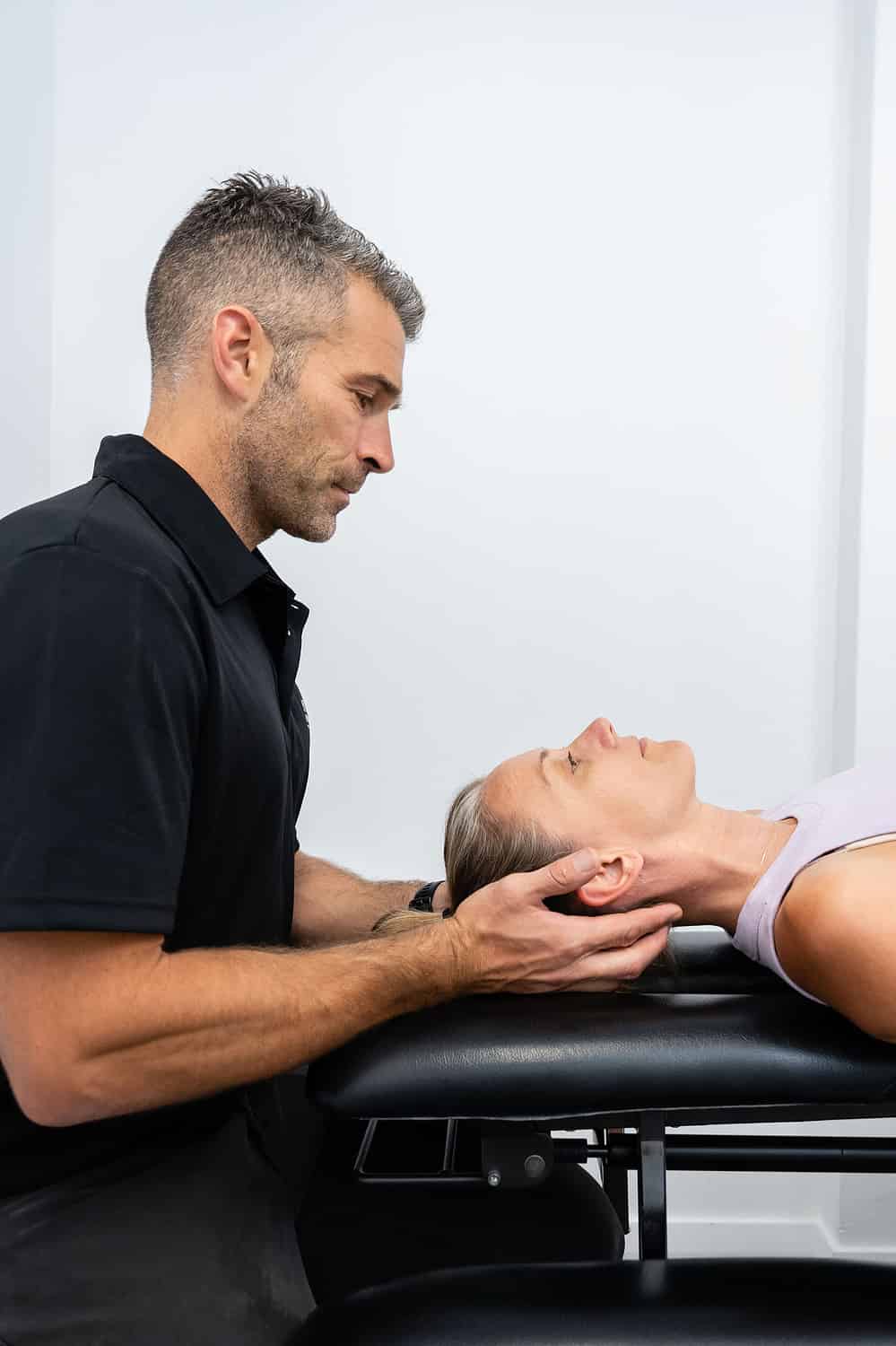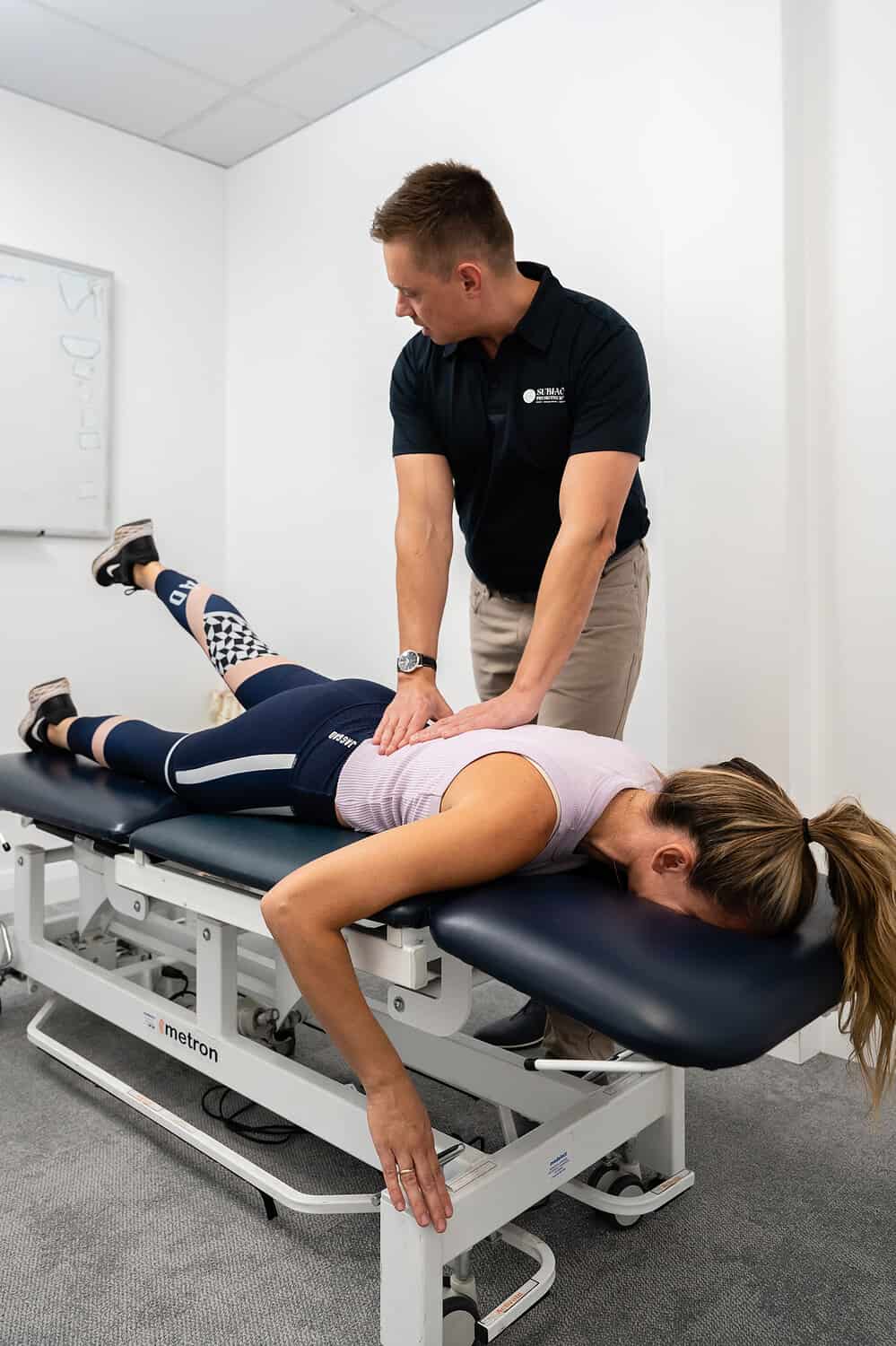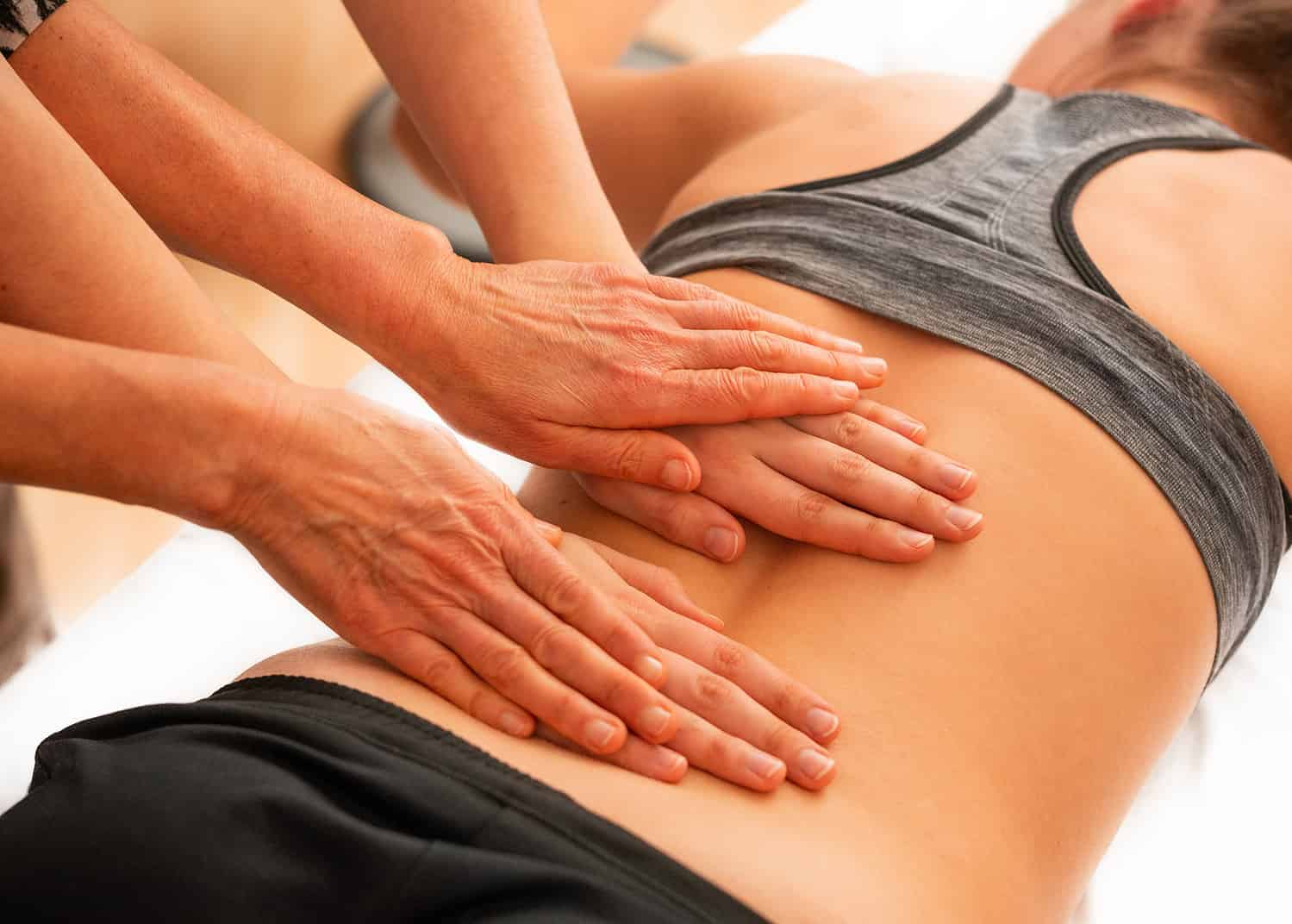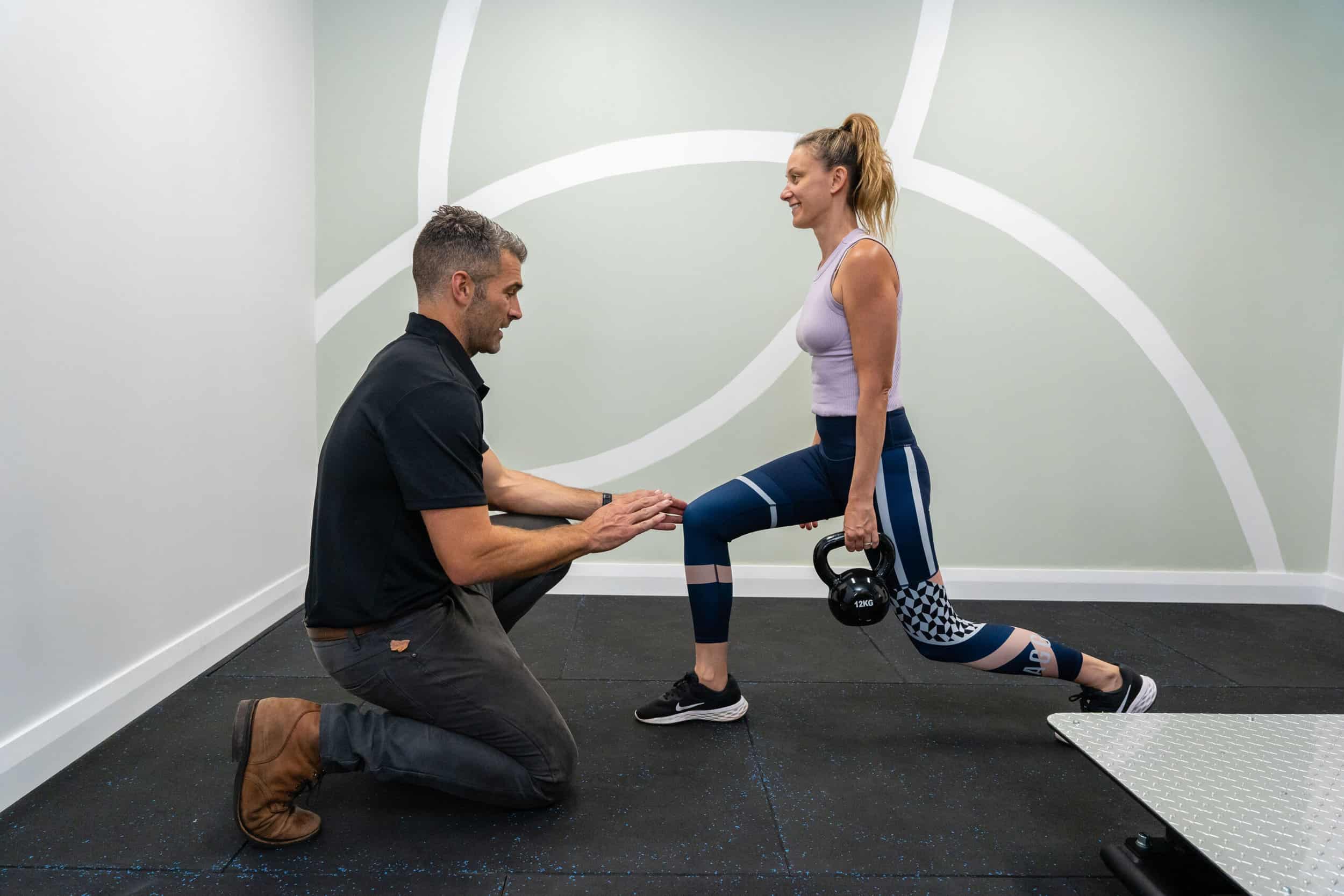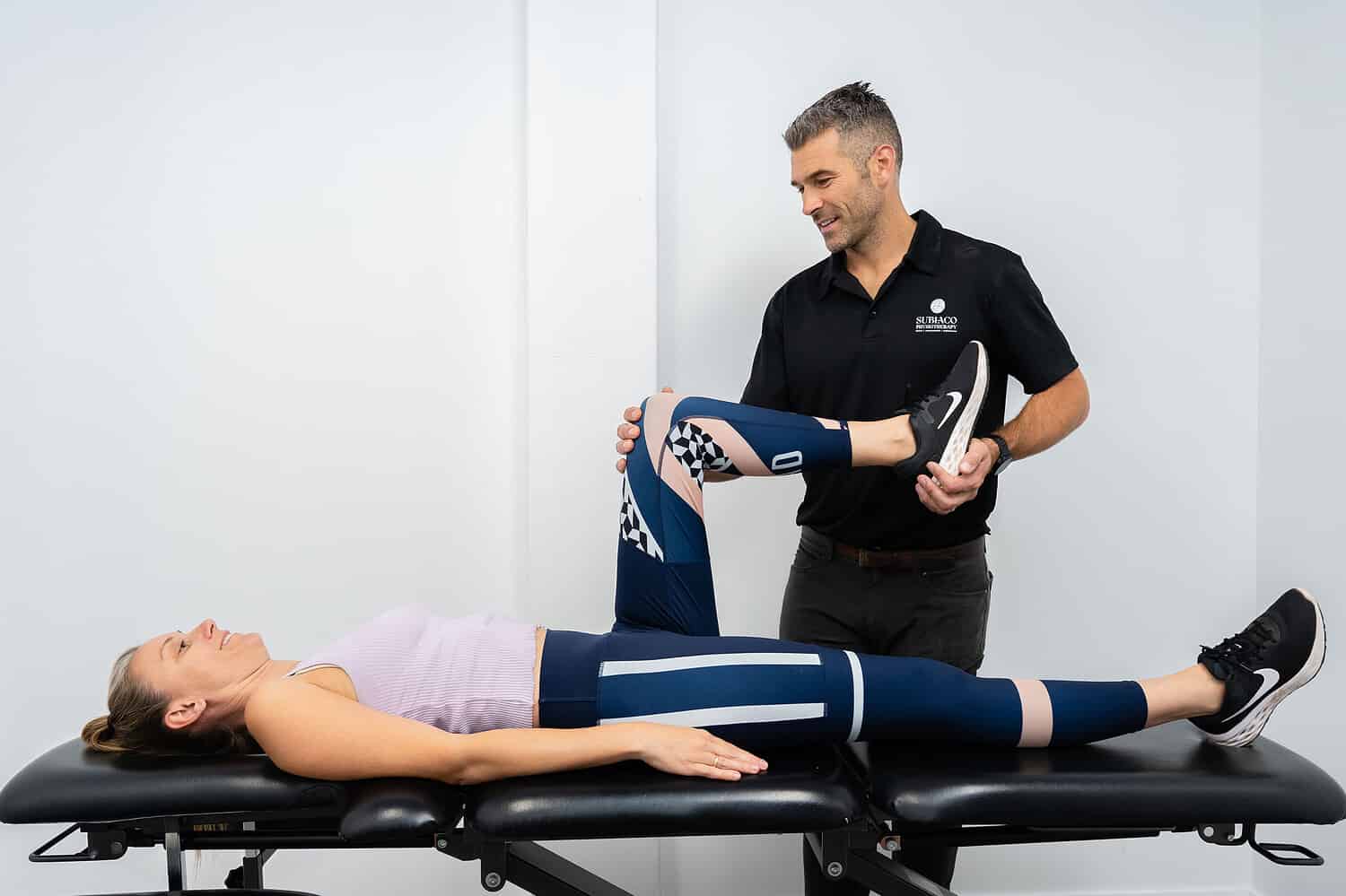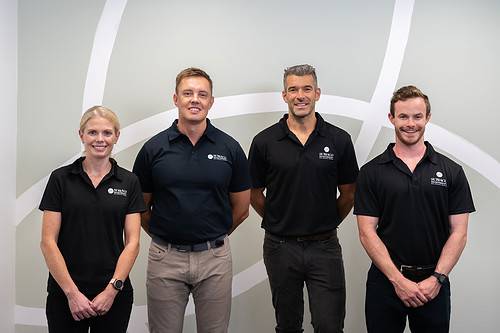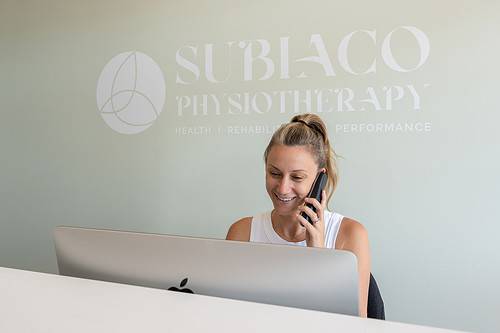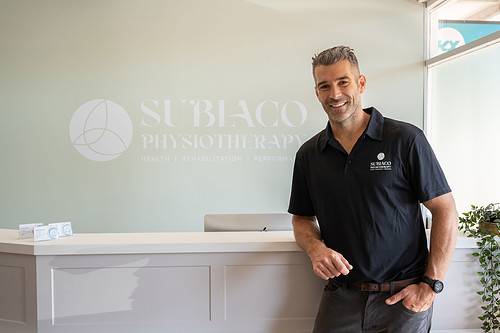Temporomandibular Joint Pain
Jaw pain can be a cause of facial pain, neck pain and headaches in many people and is really manageable with a range of physiotherapy techniques by our expert physiotherapists.
Subiaco Physiotherapy
Jaw & TMJ Pain
Physiotherapy can be effective in treating jaw pain, also known as temporomandibular joint (TMJ) dysfunction, through a combination of manual therapy, exercises, and education. Manual therapy techniques such as mobilisation and soft tissue release can help to improve jaw alignment and reduce muscle tension. Specific exercises to strengthen and stretch the muscles around the jaw and neck can also improve jaw function and reduce pain.
We will also take the time to help identify and educate you on the contributing factors and triggers that lead to your pain. Education on proper posture, relaxation techniques and activities to moderate can help to alleviate stress and tension in the jaw and prevent future TMJ pain.
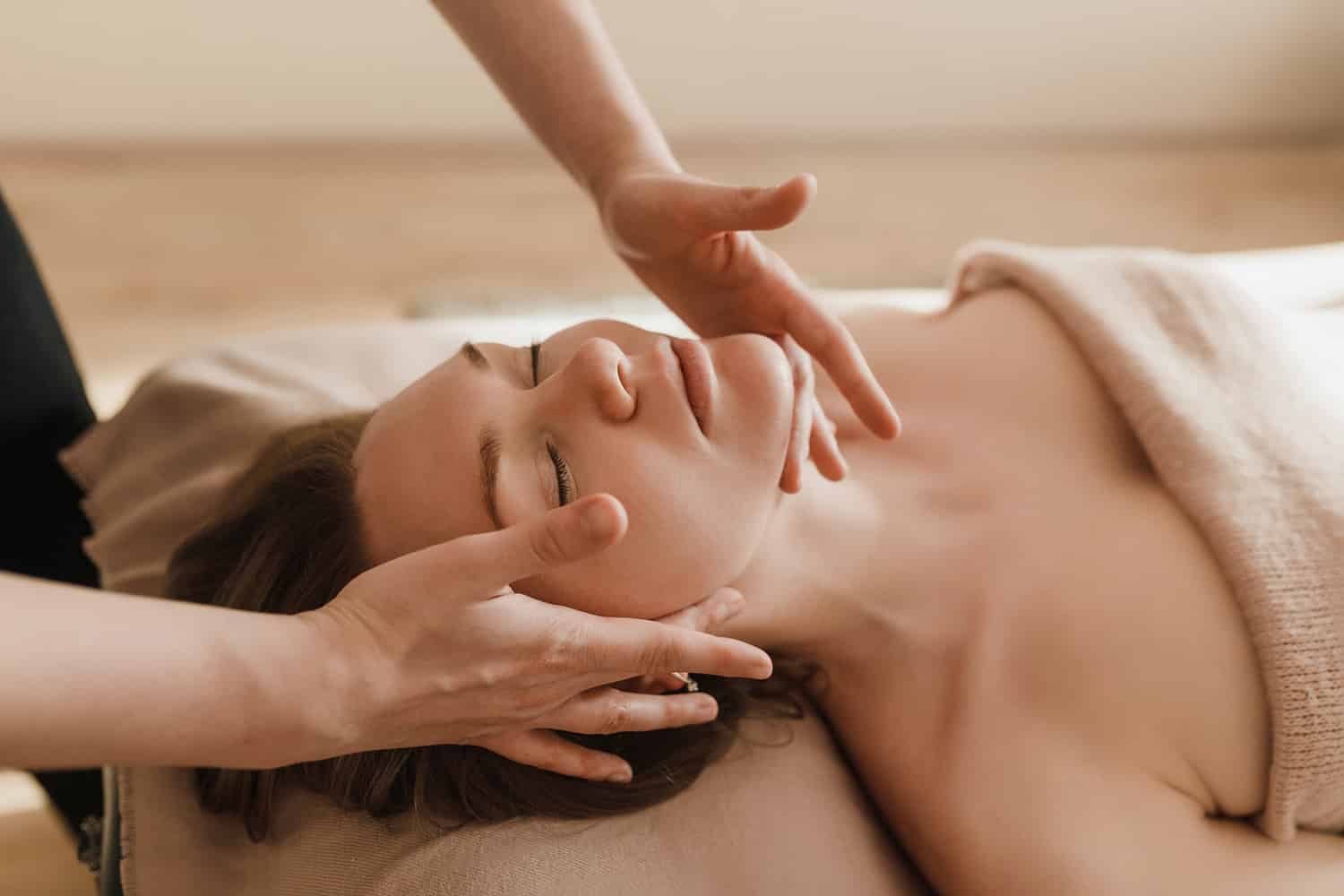
TMJ Pain Appointment
End your jaw pain today
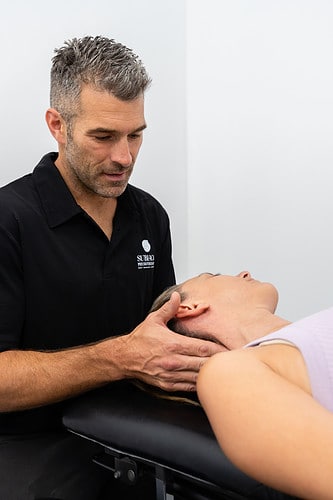


Reasons that you might have developed jaw pain
Temporomandibular Joint Dysfunction
Physiotherapy can help with jaw pain by addressing the underlying cause of the pain and developing an individualised treatment plan. Here are a few ways that our physiotherapists can help:
- Accurate assessment to diagnose the source of the pain and the contributing factors leading towards your symptoms. Knowledge is power, and understanding what is going on with your body is critical to being able to overcome your pain.
- Manual therapy techniques, such as mobilisation and release of tight muscles of the jaw and neck, can help to improve jaw alignment and reduce muscle tension.
- Exercises to stretch and strengthen the muscles around the jaw and neck can improve jaw function and reduce pain.
- Education on proper posture and ergonomics can help to alleviate stress and tension in the jaw and prevent future pain.
- Advice around daily (and nightly) habits that need to be curbed or avoided in the short-term while your symptoms settle
- Dry needling may be used to relieve muscle tension and pain.
- In some cases, our physiotherapists may work closely with a dentist or other healthcare provider to coordinate care and ensure comprehensive treatment.
As with any condition, we aim first to help you to understand your injury or ailment, and then work with you to reduce symptoms and restore function as quickly as possible.
Services We Provide
We understand that every client is unique and has specific needs when it comes to physical therapy. That’s why we offer a wide range of services and treatment options, tailored to your individual requirements.
Why Choose Subiaco Physiotherapy?
Our Unique Approach To Care

Caring Experts
Our practitioners care about you and your recovery. We’re all deeply involved in your rehabilitation.

Active Recovery
Using active recovery, we promote healing through movement and exercise

Sport Expertise
All of our practitioners are active in sports and use that knowledge to assist you further
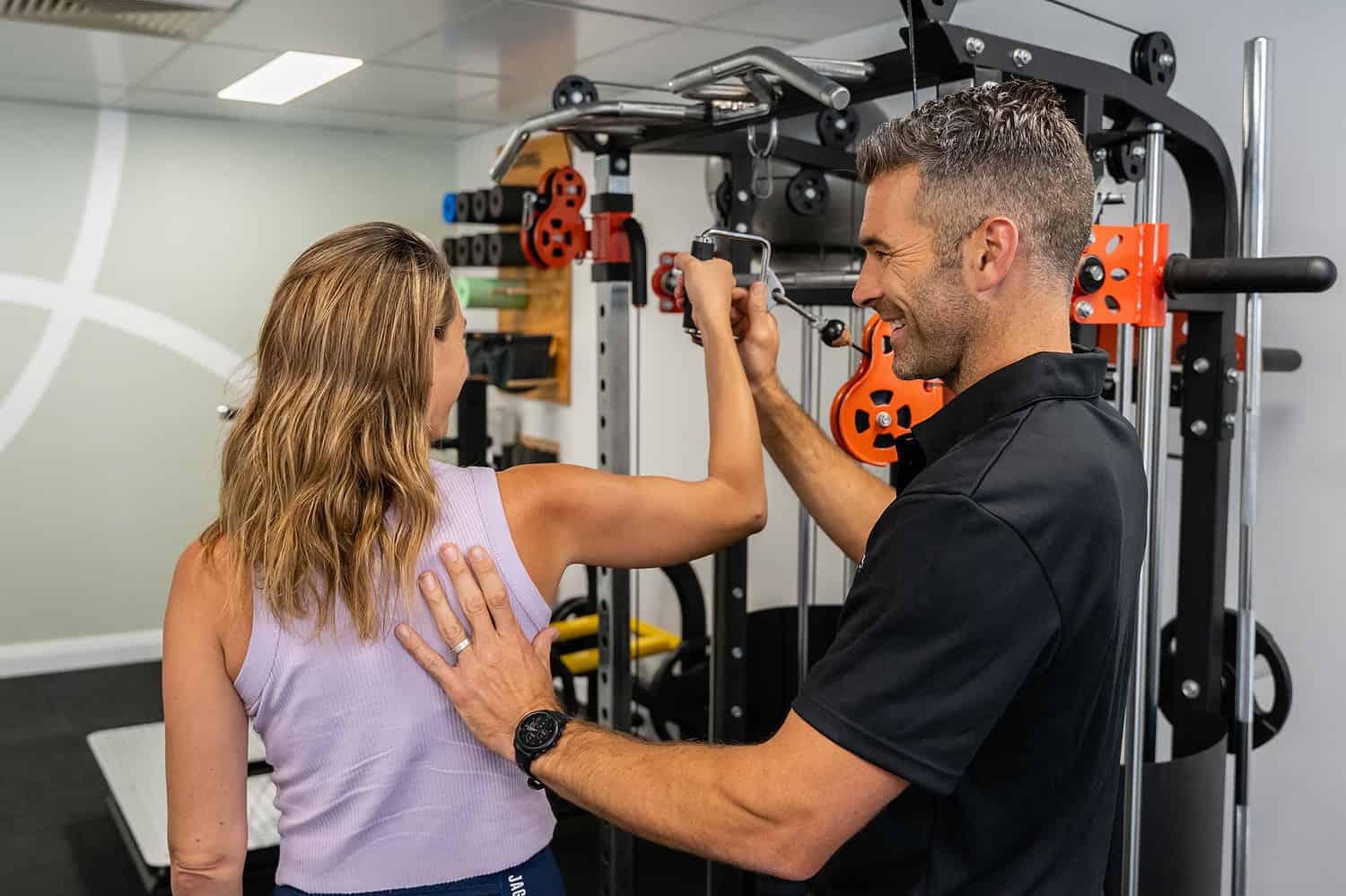
On-Site Gym
We’ve dedicated a large space at our clinic to have a fully equipped gym
Easy Gap Only Payments
We Accept 100% of Australian Private Health Insurance Providers
We process your private health insurance claim on the spot via HICAPS. If your insurance policy covers you for our services, you will only need to make the gap payment on the day. Make sure to check your policy with your health insurance provider.
Meet Our Team
Subiaco Physiotherapy Professionals
We are a collective of highly qualified, professional clinicians with a huge variety of experience and expertise in spinal pain, sports injuries, pain management and rehabilitation.
Our staff has an ongoing commitment to further education and self development, as well as contribution to the profession and the wider community.
All team members belong to their respective professional bodies and are registered with AHPRA which exists to improve the health of Australians by supporting world’s best practice in Allied Health.
Frequently Asked Questions
We understand you might have some questions about Temporomandibular Joint Pain services, treatment & how it can help you.
If you have any more questions, you can always reach out to our friendly team.
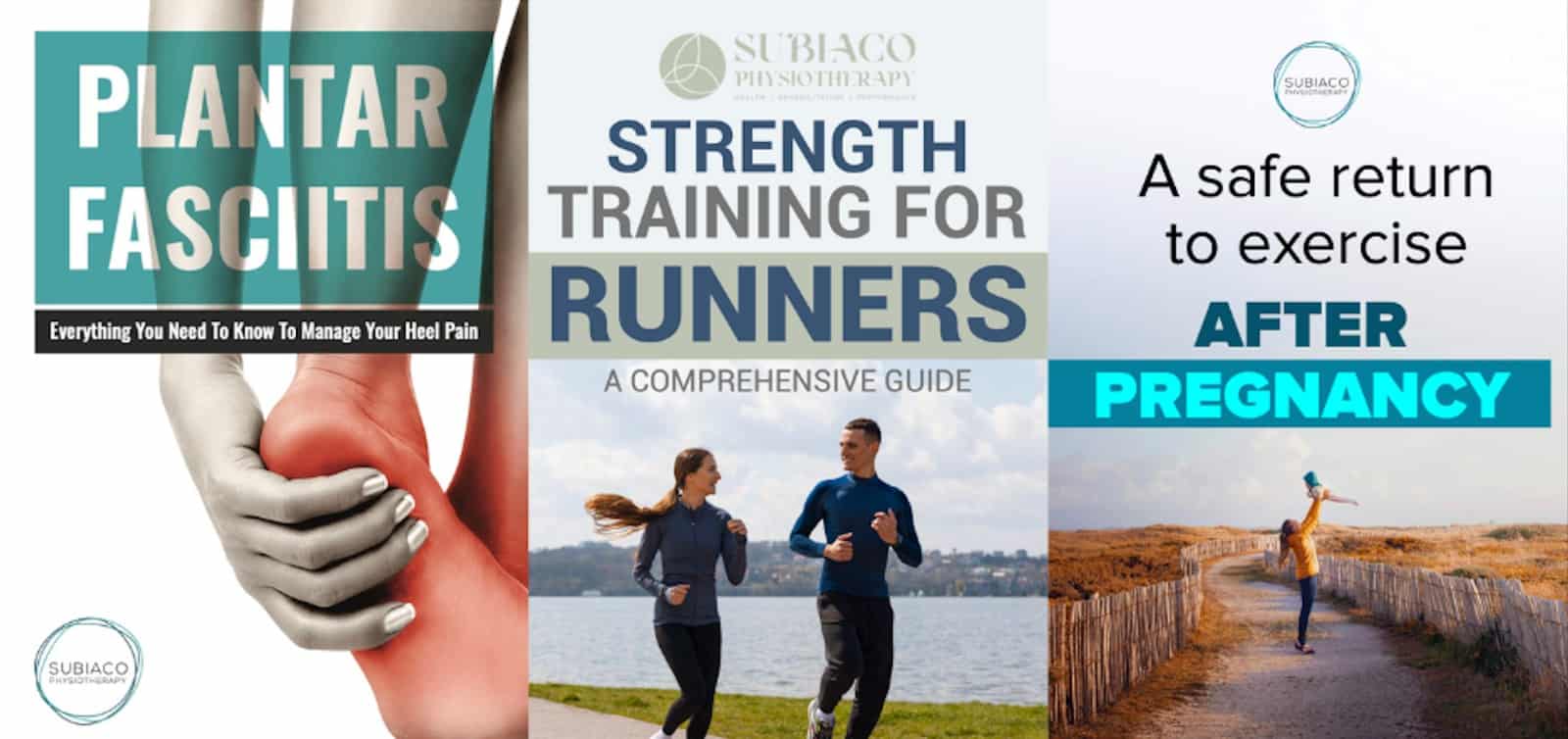
Strength Training For Runners
A Safe Return To Exercise After Pregnancy
Plantar Fasciitis and Heel Pain Relief
Download One of Our Free e-books
Download one or all of our free e-books and get expert tips and techniques from our physiotherapists to help alleviate pain and improve mobility, including how to run stronger, how to alleviate heel pain & postpartum exercises for new mums!


